Riders of The Cadre Noir Video
Always interesting to me, is the riding that comes out of the Cadre Noir, and this is no exception. The segments that show riding really highlight the kind of power and explosiveness that becomes available…
Posts and Articles of topics related to the artistic aspect of horsemanship including Classical Dressage.
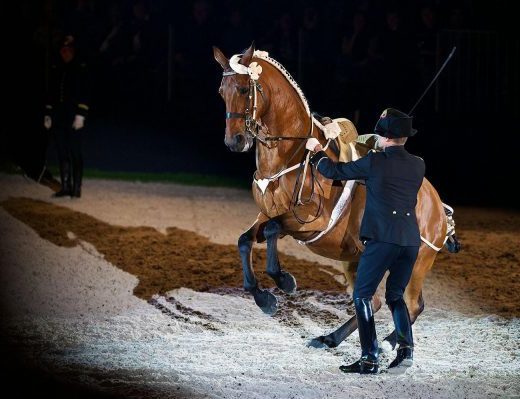
Always interesting to me, is the riding that comes out of the Cadre Noir, and this is no exception. The segments that show riding really highlight the kind of power and explosiveness that becomes available…
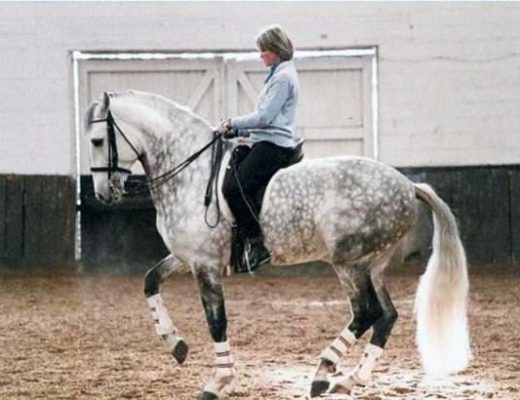
This video of a clinic with Nuno Oliveira, instructing Hélène Arianoff is the perfect way to start the weekend! [fbvideo link=”https://www.facebook.com/diamond.harmony.1/videos/692545030828613/” width=”680″ height=”580″ onlyvideo=”1″] Watch the original video on Facebook And, let’s follow it up by…
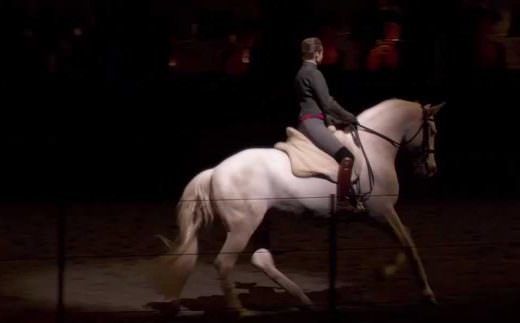
It’s never a bad time to watch equestrians outside the mainstream for inspiration. What do you love, what do you hate? Bartabas horses danced on the world’s greatest operatic stage, the famous Felsenreitschule in Salzburg….
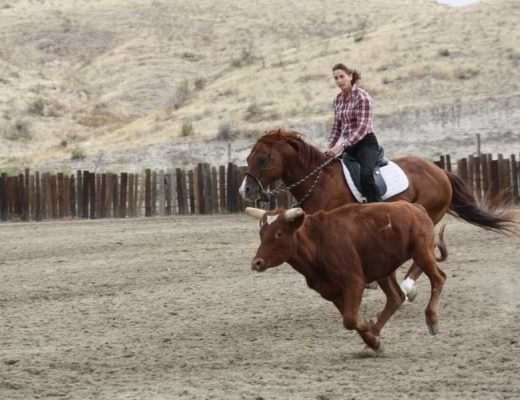
The incomparable Bettina Drummond continues to speak up and add useful bits of insight to the horse world. This time she’s talking about riding horses as an artistic pursuit vs riding for competition. Intro: “Today’s…
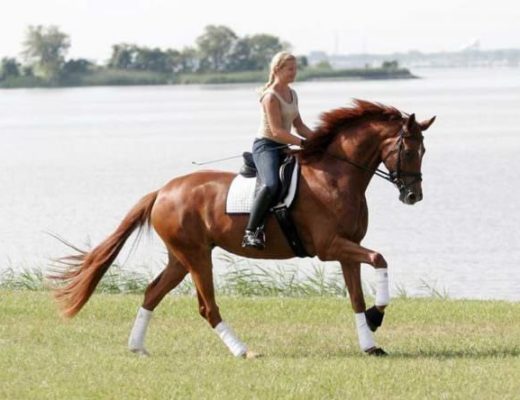
Inspired by the video of Wonderful I shared yesterday, here are some additional videos of stallions from various State Studs for your inspiration. All of these videos are excellent visuals, demonstrating forward moving horses, and using…
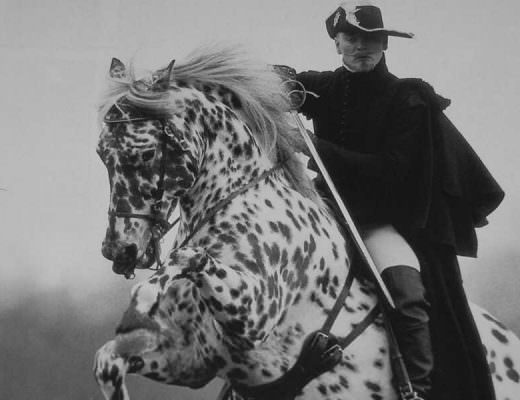
It’s important to balance your senses – to watch a lot of good classical dressage examples to replace all the bad ones that are inevitably seen on the internet. Of course, coming by exceptional classical…
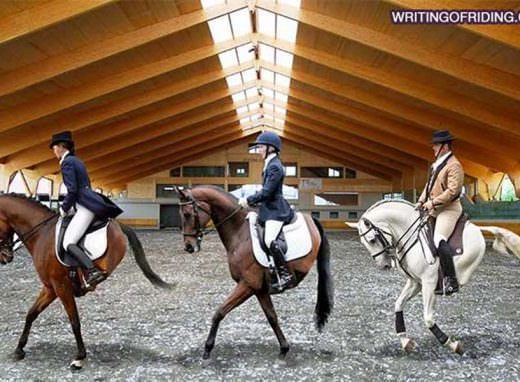
Dressage riding is a dull and graceless pursuit when it does not primarily aim at satisfying the basic principles of good horsemanship.
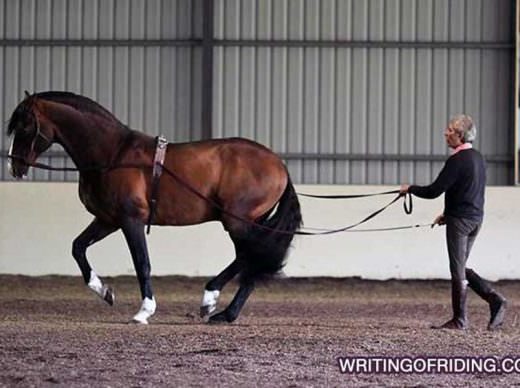
I’ve been a quiet fan of Manolo Mendez’s for some time and always look forward to seeing him write about the art of dressage. You might enjoy his perspective on the health of your horse’s topline and what it says about your riding & training.
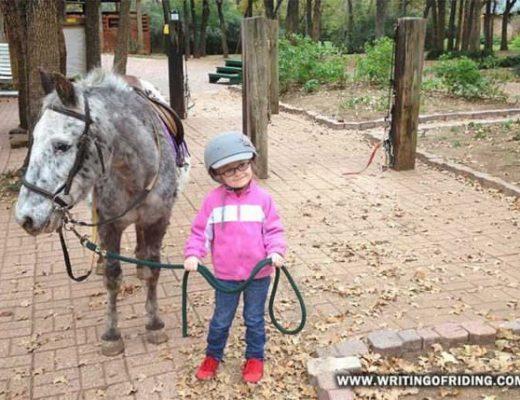
If you push the people [horse], down deep inside, you really do not know which way they’ll go or what they’re really thinking. But if you can lead them and get them to follow you, then you have the skill everyone should have, which is to be a leader.
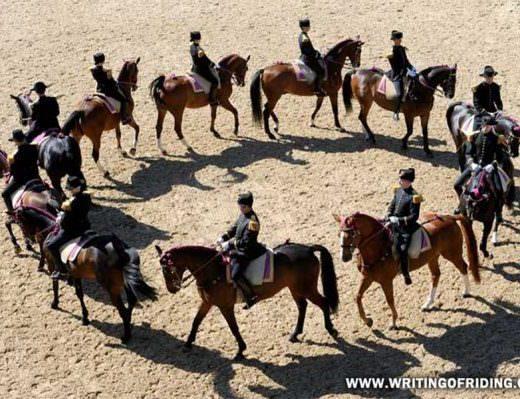
“Here should be inserted a word especially for equestrians, because the above truth, which is perfectly obvious to all other animal trainers and utilizers, most often seems to escape riders. At least, they generally behave as if they were unaware of it. Since they are in direct physical contact with the horse and communicate tactile sensations to it through the use of their muscles, they are easily taken in by the utterly false illusion (which is all the more convincing to them because it seems to be verified by certain superficial effects), that they act directly on the horse’s body through force, and thereby obtain a sort of mechanical response.”
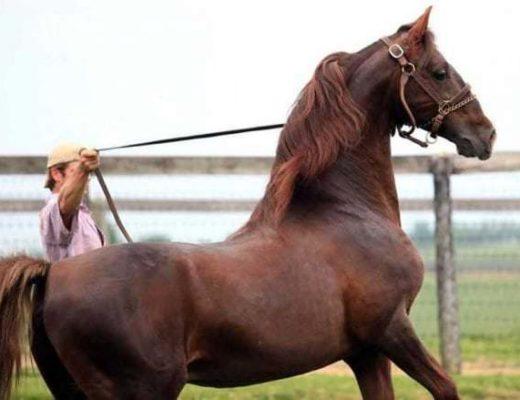
Sometimes I worry I’m not doing enough with my horses. Like, “I don’t put enough training on them, which I really ought to do because it raises their market value.” Without training most horses are deemed at risk of the slaughter-house on the open market. Heck, even with training and championship titles any horse can face a bolt through the head.
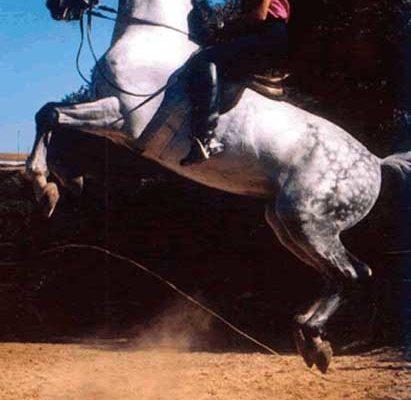
Question: Do you know what Mr. Oliveira was seeking?
Answer: I think like all artists, an expression of self that isn’t selfish. I think because he stopped verbalizing it to himself, stopped being honest with himself, he lost the thread. He lost where he was going. But he never lost the desire to share with someone, which I find extraordinary in such a egocentric human being. He desperately wanted an audience. He wanted a private audience towards the end of his life. He wanted a really good horse and private students that would admire him. He never stopped riding, even when his body was giving out. Unfortunately, he could never become a coach. The only place to go when your body gives out is to be the teacher, the supportive coach. Why I thought he could do that for me when he couldn’t do it for his own son, I don’t know. But I had thought that it was going to evolve. I had to pick myself up when it didn’t happen.
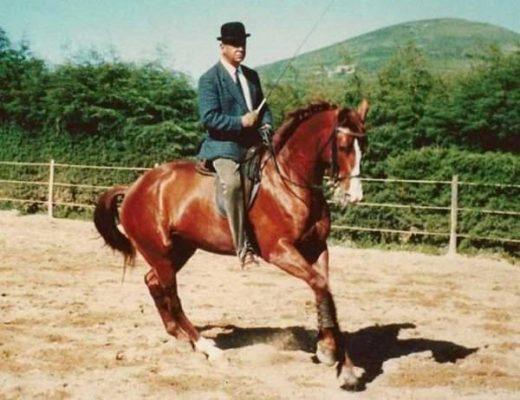
“I don’t want to have riders who tire themselves out. Work by thinking instead.”
“It is good to ride with closed eyes once in a while.”
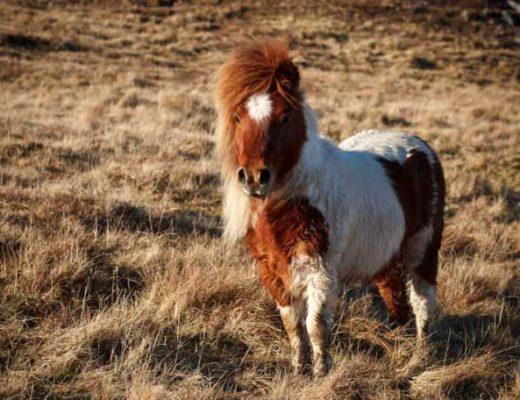
Maybe I’m not being clear, but if time after time I’m being cut off, interrupted, my thoughts summarized incorrectly, then it is safe to assume the listener is no longer trying to listen. Of course at the pace our society moves who really has time to sit down and fully listen to another person…? Or do we and we’ve simply allowed ourselves to get caught up in a pace which requires us to constantly repeat ourselves?
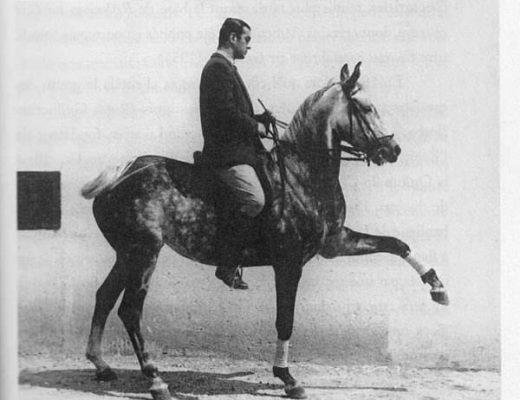
This neat little gem came to my attention thanks to the Sylvia Loch & The Classical Riding Club (CRC) facebook page. The video caption says – Lesson to a student in the Amazon carousel Nuno…
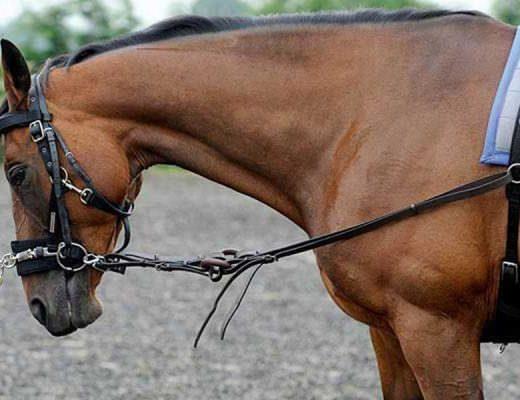
How tight do you hold your reins? And can that impact the rideability of your horse on a given day? According to researchers from the University of Gottingen, in Germany, the impartial measure of rein…